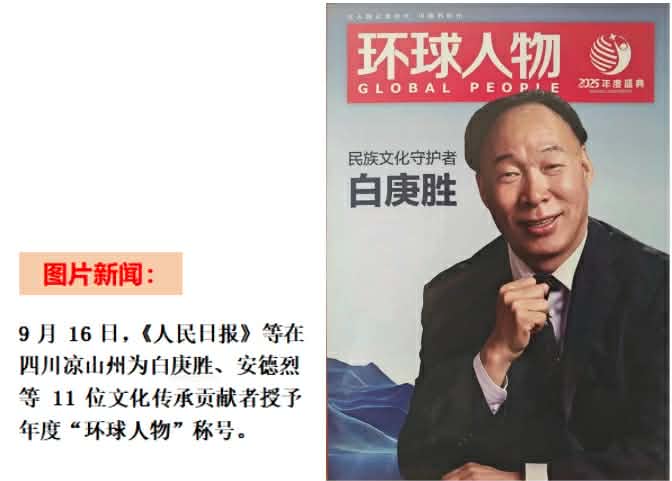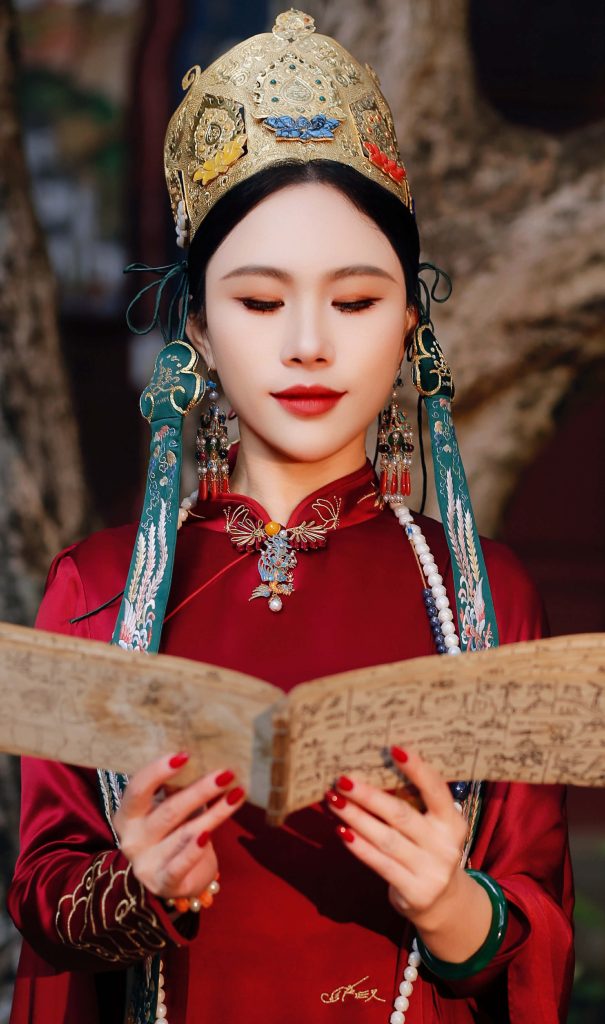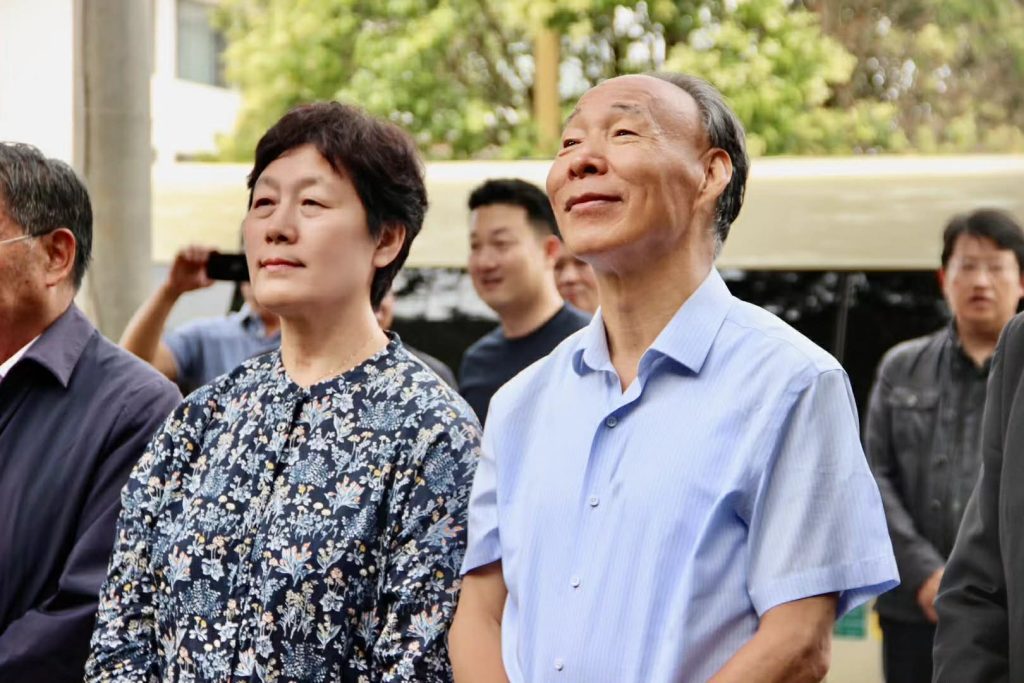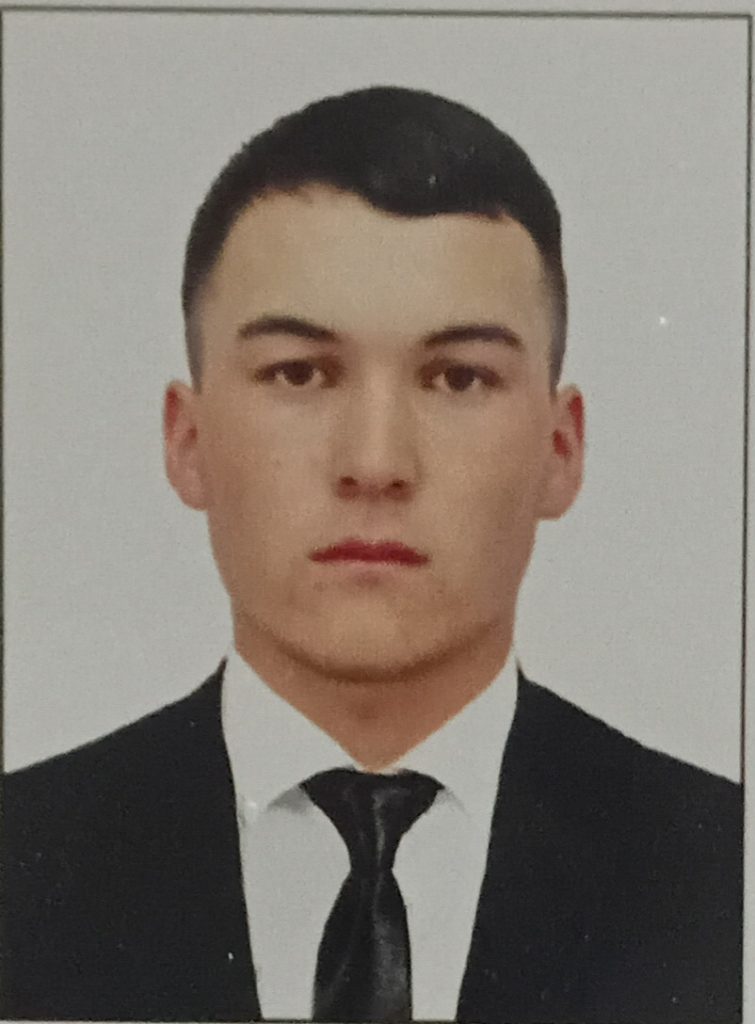PNEUMONIA IN CHILDREN: MODERN DIAGNOSIS AND TREATMENT
Lutfullayeva Shaxrizoda Faruxjon qizi
Kimyo International University in Tashkent
Pediatrics 2nd year student
lutfullayevashahrizoda@gmail.com
ANNOTATSIYA: Pnevmoniya – bu o’pkaning yallig’lanishi bilan kechadigan va turli agentlar(bakteriyalar,viruslar yoki qo’zg’atuvchilar )sababli yuzaga keladigan jiddiy kasallikdir.Bolalar orasida pnevmoniya tez-tez uchraydi va uning kechishi og’ir bo’lishi mumkin.Pnevmoniyaning erta bosqichida aniqlanishi va to’g’ri davolanishi bolalar salomatligini saqlashda katta ahamiyatga ega.Maqolada bolalarda pnevmoniyaning asosiy belgilari,zamonaviy diagnostika va ularni oldini olish bo’yicha tavsiyalar ko’rib chiqiladi.
KALIT SO’ZLAR: Pnevmoniya, bolalar, zamonaviy
diagnostika, o’pka, davolash, tibbiyot, kasallik, pnevmokokk.
ANNOTATION: Pneumonia is a condition that is accompanied by inflammation of the lungs and caused by various agents (bacteria, viruses or pathogens) is a serious disease. Pneumonia is common among children and its course can be heavy. Detection and correct at an early stage of pneumonia treatment is of great importance in maintaining children’s health. In the article the main symptoms of pneumonia in children, modern diagnostics and their prevention recommendations for obtaining are considered.
KEYWORDS: Pneumonia, children, modern diagnostics, lungs, treatment, medicine, disease, pneumococcus.
АННОТАTЦИЯ:Пневмония-это заболевание, которое сопровождается воспалением легкихи вызванные различными агентами (бактериями,вирусами или патогенами )серьезное заболевание.Пневмония чаще встречается у детей и ее течение может быть тяжелым.Выявление и коррекция пневмонии на ранней стадии лечение имеет большое значение для поддержания здоровья детей.В статье основные симптомы пневмонии у рекомендации по получению.
КЛЮЧEВЫЕ СЛOВА: Пневмония, дети, современная диагностика, легкие, лечение, медицина, болезнь, пневмококк
INTRODUCTION.
Preschool children, especially those with an underdeveloped immune system, are more susceptible to pneumonia. Depending on the symptoms, unusual clinical picture and course of this disease, it is necessary to quickly identify and properly treat it. Currently, early diagnosis and rational treatment of pneumonia in children is a serious problem. Pneumonia is an inflammatory disease of the lungs, an infectious disease of the lungs, and is considered an independent disease or a complication of other diseases. Pneumococcal pneumonia is caused by various bacteria (pneumococcus, streptococcus, staphylococcus) and viruses. The occurrence and development of the disease is caused by severe cold hardening of a person, extreme physical and mental exhaustion, internal poisoning of the body — intoxication, as well as other factors that weaken the body’s ability to fight the disease, as a result of which microbes into the upper respiratory tract are acute and chronic, depending on the location of limited areas or pneumonia (damage to
According to the World Health Organization (WHO), pneumonia is the leading cause of death among infants worldwide. In particular, it accounts for 17.5% of deaths among children under 5 years of age, which is approximately 1.1 million deaths worldwide each year.
RESEARCH METHODOLOGY.
Currently, radiography and fluoroscopy are used in children to detect small foci of pneumonia. This study was conducted to assess the clinical course and diagnostic features of hospital-acquired pneumonia in children. The study was carried out in a method of observation and analysis, covering children of different ages who were treated with a diagnosis of pneumonia. The age of the patients, severity of the disease, clinical signs and the results of laboratory and instrumental examination were studied.
Chest radiography was used as the main instrumental method to detect infiltrative changes in the lung tissue. A control X-ray examination was performed approximately 4–5 weeks after the onset of the disease. In cases of complicated pneumonia, additional radiological examinations were performed to assess the dynamics of the disease.
In laboratory diagnostics, a general blood test was of primary importance. Changes in the number of leukocytes and the leukocyte formula were assessed. An increase in the number of leukocytes to 10–12 × 10⁹/l and a shift to the left in the leukocyte formula (greater than 10% of rod-shaped neutrophils) indicated the presence of a bacterial infection. In severe cases of pneumonia, C-reactive protein, procalcitonin, liver enzymes, creatinine, and acid-base balance were measured.
Sputum or material from the upper respiratory tract was subjected to microbiological examination to determine the etiological factor of the disease. In cases where necessary, polymerase chain reaction and serological tests were used to identify pathogens.
REVIEW OF LITERATURE USED
Modern methods of diagnosis and treatment of pneumonia in children are one of the current areas of scientific research today. According to research conducted worldwide in this area, pneumonia is one of the leading causes of morbidity and mortality among children under 5 years of age. Therefore, many scientific studies are aimed at developing early diagnosis and modern treatment methods for this disease.
Scientific literature emphasizes that the etiology of pneumonia varies with age. McIntosh (2002) as well as Don and Valent (2015) have shown that viral pneumonia predominates in young children and bacterial and atypical triggers (Streptococcus pneumoniae, Mycoplasma pneumoniae) are of high importance in older children.
In terms of diagnostics, modern sources note that the role of instrumental and laboratory examinations is increasing in addition to clinical signs. Harris and Clark (2011) acknowledge the importance of chest radiography in diagnosing pneumonia, but note that it is not always necessary. Recent studies have recognized lung ultrasound as a safe, fast, and effective diagnostic method in children. It has also been noted that biomarkers such as CRP and procalcitonin are important in distinguishing bacterial and viral pneumonia.
According to the literature, the main causative agent of pneumonia in children over 5 years old is M. pneumoniae (Mycoplasma), which accounts for 14-35% of hospitalization cases. Among bacterial pathogens, however, S. pneumoniae (pneumococcus) is the leader. Also, due to the low vaccination rate in low-and middle-income countries, B. Pertussis (whooping cough) has also been noted as an important factor in pneumonia. Viral infections (influenza, RS virus, SARS-CoV-2) often damage the interstitial tissue, causing a specific clinical picture of the disease.
According to the traditional approach, the diagnosis of pneumonia is considered reliable if there is a radiologically confirmed infiltrative shadow and at least two clinical signs (fever, cough, wheezing, leukocytosis). In severe cases, it is recommended to additionally determine the levels of liver enzymes, urea, C-reactive protein, and procalcitonin. Procalcitonin concentration serves as an important indicator in predicting the severity of bacteremia.
ANALYSIS AND RESULTS
Results of clinical and laboratory analysis. In the framework of the study, the age of patients, severity of the disease and clinical signs were studied in detail. Laboratory tests served as an important indicator in determining the bacterial nature of pneumonia:
Hematological indicators: patients were observed to have leukocyte levels exceeding 10\text{–}12 \cdot 10^9/L and left shift of the leukocyte formula (rod-shaped neutrophils above 10%).
Biochemical markers: In severe cases of the disease, the levels of acute phase proteins of inflammation – C-reactive protein and procalcitonin – were significantly elevated. Changes in liver enzymes, creatinine, and acid-base balance also indicated impaired functional status of the organs.
Etiological confirmation: pathogens were detected by the pzr (polymerase chain reaction) method if necessary when microbiological examination of mucus and grease from the upper respiratory tract.
2. Results of Instrumental diagnostics
A comparative analysis of the effectiveness of imaging methods in the diagnosis of pneumonia was carried out:
X-ray: It was used as the main method for detecting infiltrative changes in lung tissue. Follow-up X-rays were performed 4–5 weeks after the onset of the disease.
Lung ultrasound (LUS): Meta-analysis results showed that LUS has high accuracy in detecting pneumonia in children. According to the results of 30 studies covering 4356 children, the diagnostic effectiveness of this method was as follows:
Sensitivity (Sensitivity): 91%;
Specificity( specification): 90%;
ROC curve (AUC): 0.95 (excellent performance).
3. Comparative effectiveness of diagnostic criteria
The study results show that lung ultrasound (LUS) is characterized by its speed and lack of radiation risk in patients aged 0 to 21 years with suspected pneumonia. When the results of LUS were compared with standard control methods (radiography, CT, and clinical development), it proved to be a reliable tool in detecting pulmonary consolidation.
CONCLUSION
Pneumonia in children is one of the most common and potentially serious diseases in pediatric practice. The widespread prevalence of the disease among children is due to their anatomical and physiological characteristics, the sensitivity of the respiratory tract, the immaturity of the immune system, and the active spread of various pathogens. Pneumonia is etiologically divided into bacterial, viral, atypical, fungal, and mixed forms. Each type has different clinical signs, and treatment approaches also vary depending on the etiology. Therefore, early detection of the disease, correct diagnosis, and treatment based on modern protocols are key factors in reducing the consequences of pneumonia.
Pneumonia in children is one of the most dangerous diseases for health, and its early detection and timely and appropriate treatment are important in preventing severe complications and deaths. According to scientific research, the severity of the disease depends on the child’s age, the state of the immune system, the causative agent of the infection, and how quickly treatment measures are started. In modern medicine, clinical examination, laboratory tests, and instrumental examinations allow for the accurate diagnosis of pneumonia. Antibacterial drugs play a leading role in the treatment process, and when used in combination with symptomatic and supportive treatments, they help the child recover faster. In addition, preventive measures, particularly vaccination, adherence to personal hygiene, proper nutrition, and a responsible approach to children’s health by parents, are important in preventing the development of pneumonia. Therefore, early detection, effective treatment, and strengthening of preventive measures for pneumonia are important in protecting children’s health.
To reduce pneumonia, it is necessary first of all to strengthen preventive measures. Timely vaccination of children based on the national vaccination calendar, regular ventilation of rooms, compliance with hygiene reduces the risk of pneumonia. It is advisable to introduce screening programs for early detection of respiratory diseases in children under 5 years of age in polyclinics. It is important to educate parents to recognize the early signs of pneumonia. It is also recommended that modern pneumonia treatment protocols be updated for pediatricians in every medical facility.
FOYDALANILGAN ADABIYOTLAR RO’YHATI
1.Turumbayeva, A. T. (2024). Bolalarda pnevmoniya belgilari va uni davolash. Eurasian Journal of Medical and Natural Sciences, 4(12), 289-bet. https://doi.org/10.5281/zenodo.14557971
2.Kenjayeva, N. A. (2023). Bolalarda pnevmoniyaning zamonaviy diagnostikasi va davolash usullari. Journal of Healthcare and Life-Science Research, 2(12), 155-156.
3.Bolalarda pnevmoniya: Takliflar va xulosa. (2025). Luchshiye Intellektualniye Issledovaniya, Tom-2, 266. ISSN: 3030-3680..World Bulletin of Public Health (WBPH), Vol. 30, Jan 2024. ISSN: 2749-3644. “Modern Methods for Diagnosis of Pneumonia in Early Children”.
4.MDPI Journal, “Diagnostic Accuracy of Lung Ultrasound for Pneumonia in Paediatric Patients” (Sistematik sharh va meta-tahlil).
5.Xasanova S. R. Bolalarda o‘pka shamollashining zamonaviy davolash usullari // IMRAS. – 2025.
6.Guitart, C., Becerra, J., Bobillo-Perez, S., Carrasco, J. L., Peon, G., Balaguer, M., & Jordan, I. (2023). Diagnostic Accuracy of Lung Ultrasound for Pneumonia in Acutely and Critically Ill Neonates, Children, and Young Adults: A Systematic Review and Meta-Analysis. Diagnostics, 13(24), 3122. https://doi.org/10.3390/diagnostics13243122





